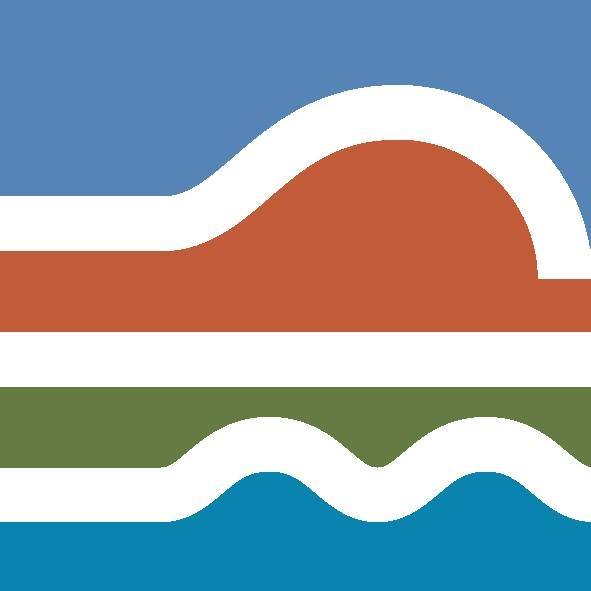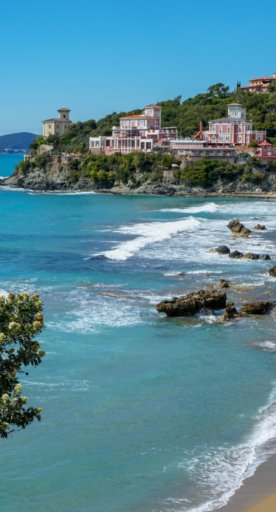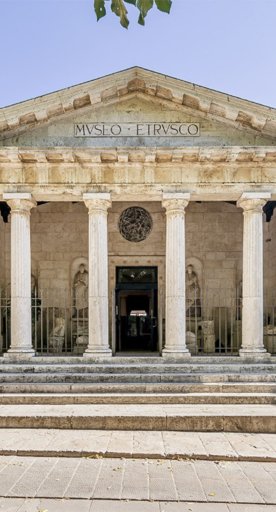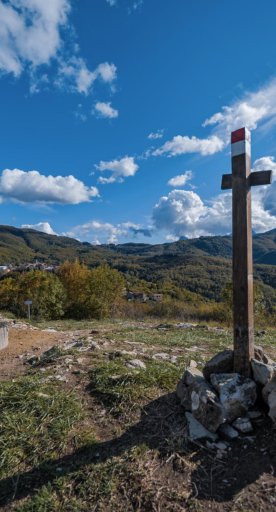

Discovering the Etruscans in the Gulf of Baratti
This corner of Tuscany, in a setting of crystal clear waters and natural parks, tells the fascinating story of the great Etruscan civilization
The life of the Etruscan people in the Gulf of Baratti was deeply intertwined with the natural and strategic resources of the area. This gulf, with its privileged position between the promontory of Piombino and the Island of Elba, was a crossroads for trade and industrial activities, but also a sacred and symbolic place, with a strong connection to the marine world, trade and religious practices. Populonia, the only Etruscan city built on the coast, overlooked the sea and was a place of great vitality and strength, where sea, land and fire were intertwined in one mysterious breath.
-
1.Iron craftsmen
-
2.Refined artists
-
3.Life beyond death
-
4.The museum experience
Iron craftsmen
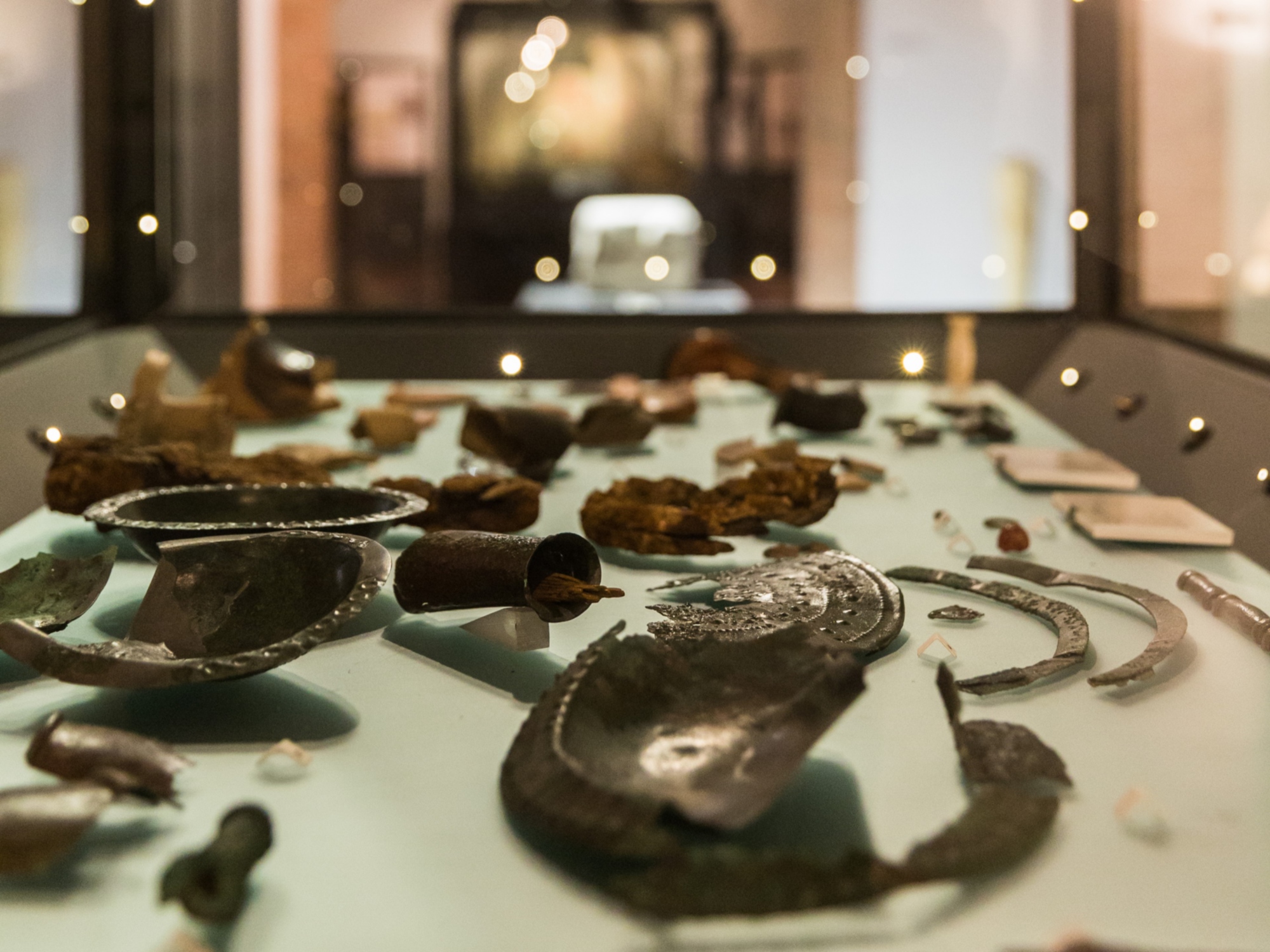
As far back as the 6th century BC, Populonia was already prospering, thanks to its strategic location and the natural wealth of the land. Not only did the Gulf of Baratti, with its natural harbor, allow trade in metals, particularly iron, but it also served as a bridge to the entire Mediterranean. The Etruscans were master metal workers and worked in the mines on the Island of Elba, where iron was extracted and processed in smelting furnaces to create ingots, which were then made into weapons, tools and luxury items.
Refined artists
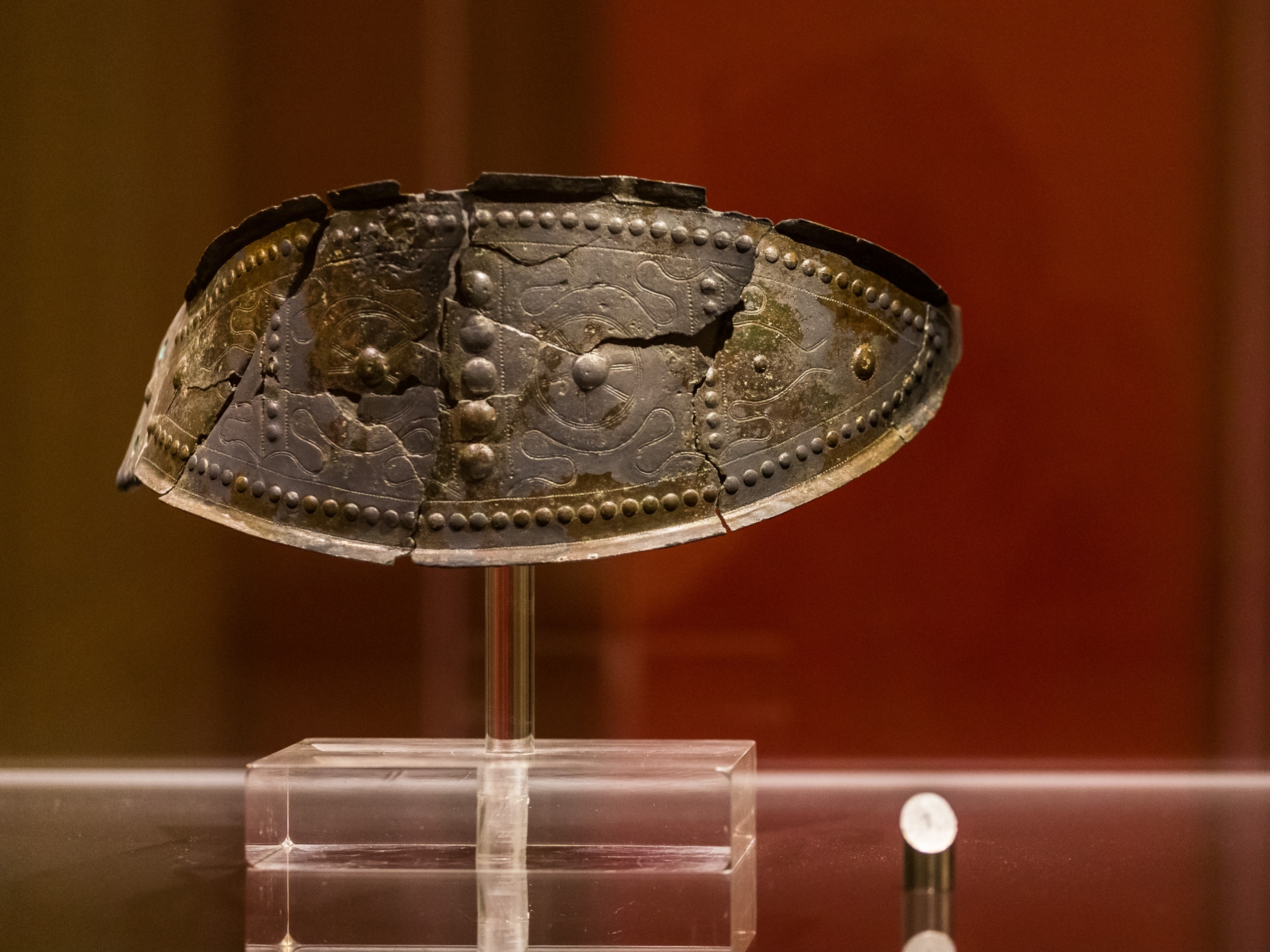
The history of this enigmatic people also provides evidence of their great artisan skills and love of beauty. The Archeological Museum of the Territory of Populonia contains a very rich set of grave goods from the Tomba delle Oreficerie (Tomb of the Goldsmiths) of Populonia, including gold jewelry dating back to the mid-6th century BC, with hair slides, rings and “bauletto” earrings. Masterpieces created using advanced goldsmithing techniques, such as granulation, which consists of applying tiny gold spheres to gold leaf based on a precise design, along with filigree, in which threads of gold were intertwined to create elegant decorations.
Life beyond death
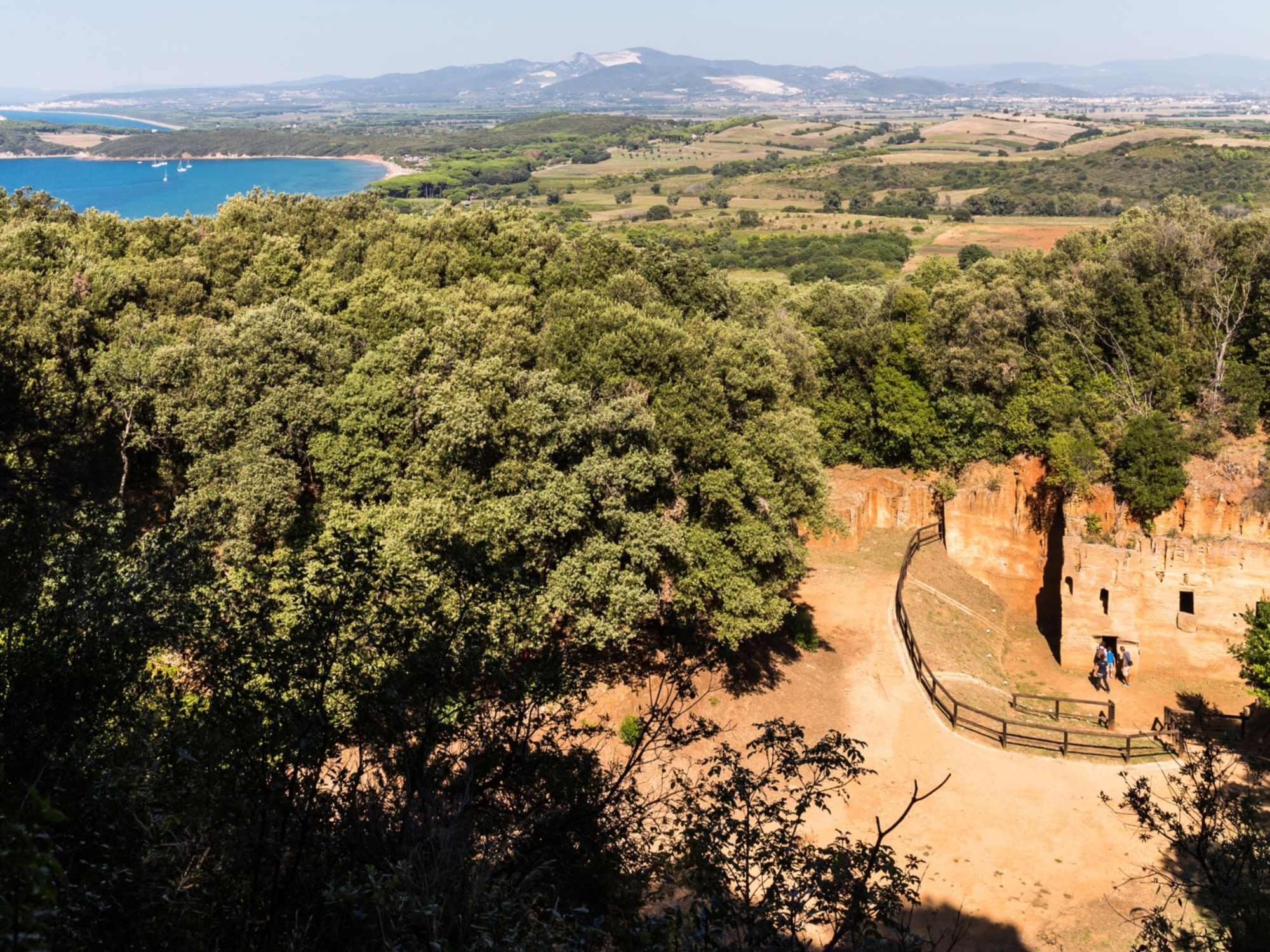
Populonia was a place where life and death were intertwined and where the sacred element permeated every corner of everyday life. The Etruscan necropolises surrounding the gulf, like that of San Cerbone, tell the story of a civilization that regarded death not as an end, but as a passage to another dimension. In fact, the sea was also a symbol of the connection between the world of men and that of the gods: the calm waters of Baratti carried with them not only goods and metals, but also the culture, beliefs and art of a people who saw the horizon as a journey into the unknown.
The museum experience
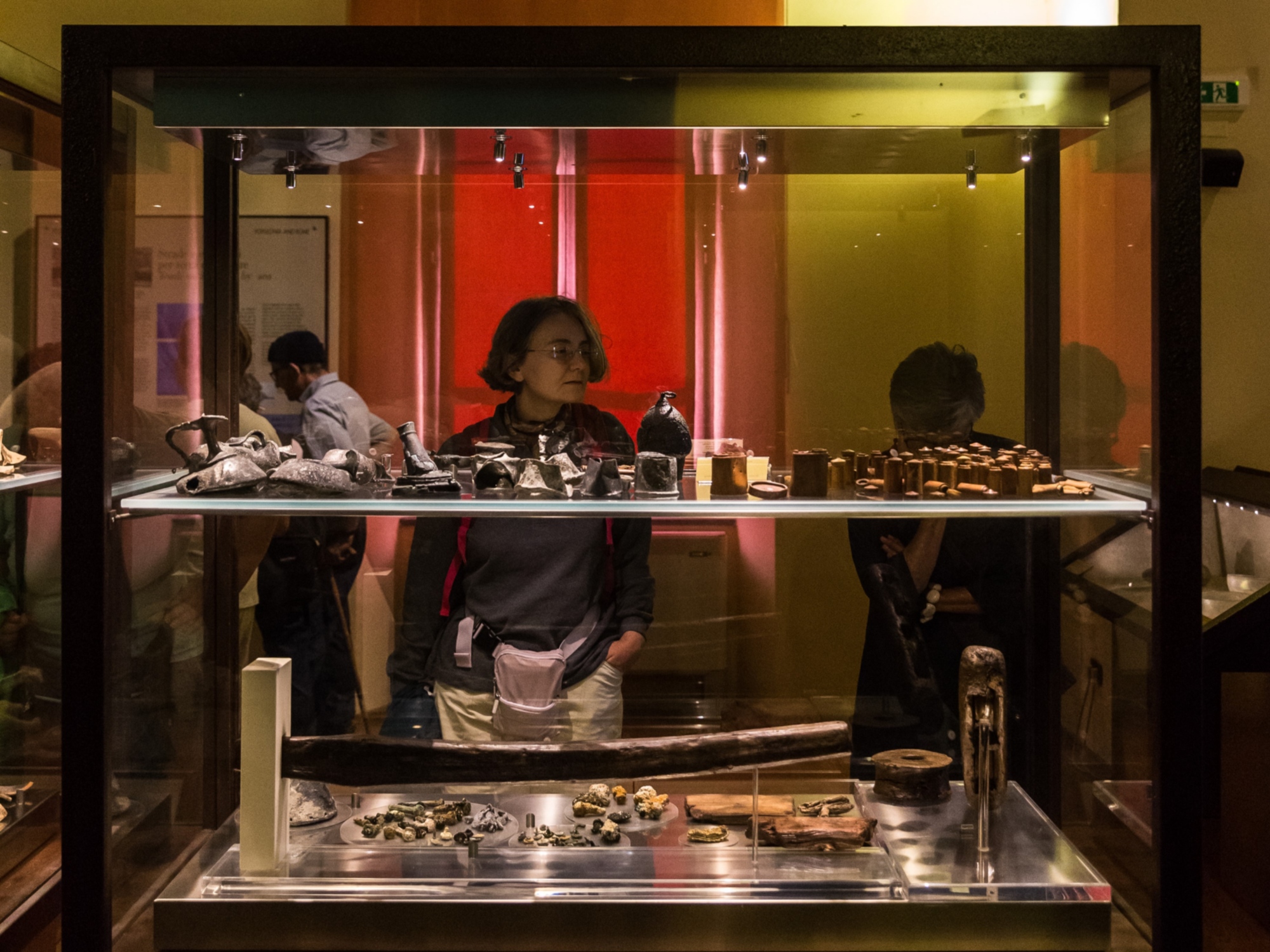
Today, the Archeological Park of Baratti and Populonia is a place where you can touch the greatness of a civilization that was able to look to the future with wise eyes filled with curiosity. Nestled in a unique natural setting, where the sea is reflected in the sky, the Gulf of Baratti preserves the memory of a people whose strength, beauty and spirituality left an indelible mark on the history of the Mediterranean.
